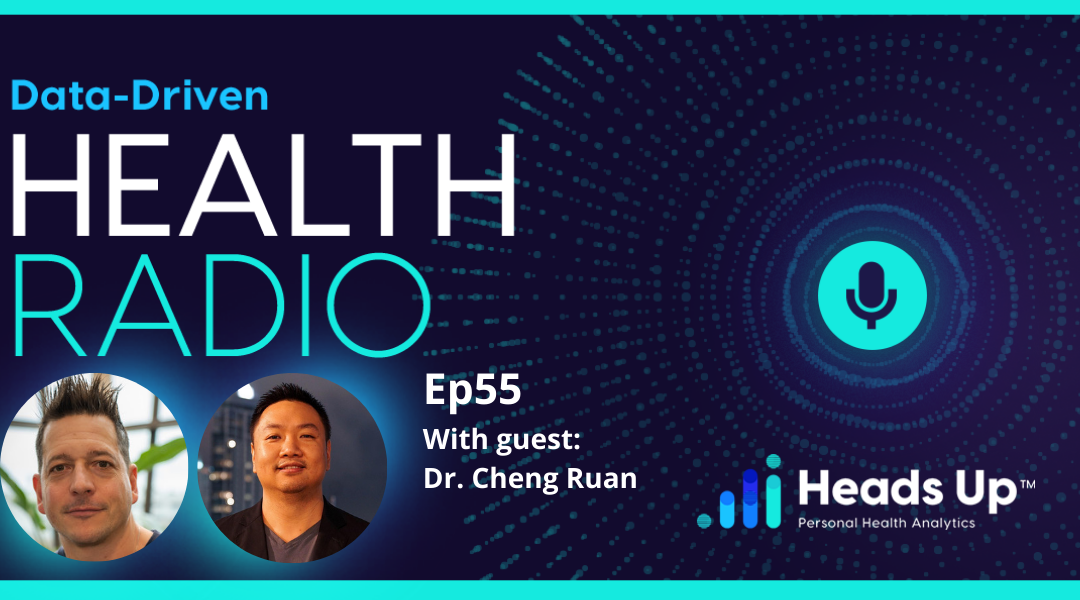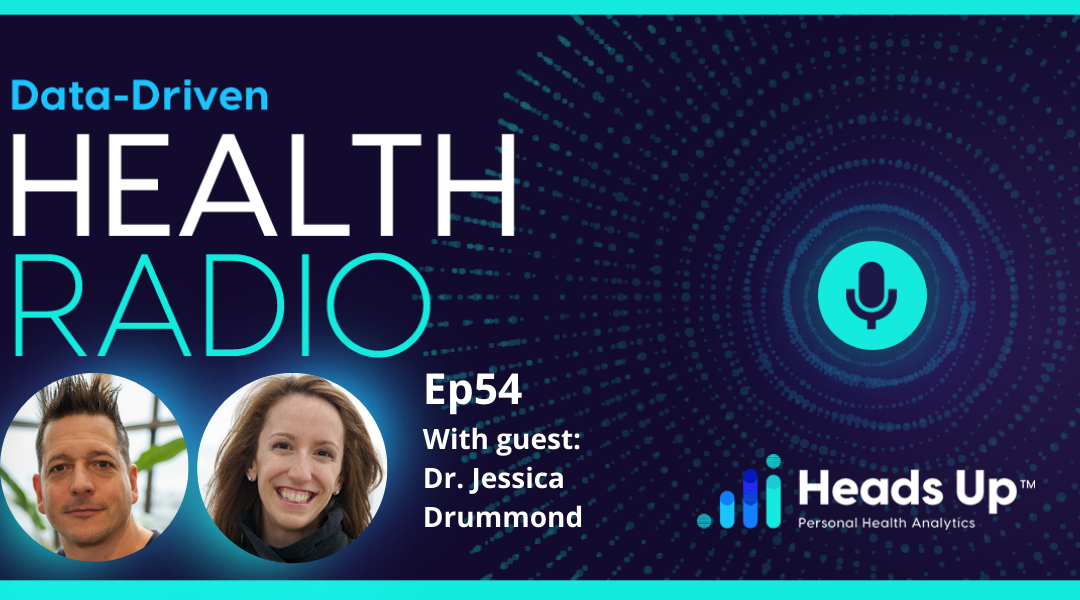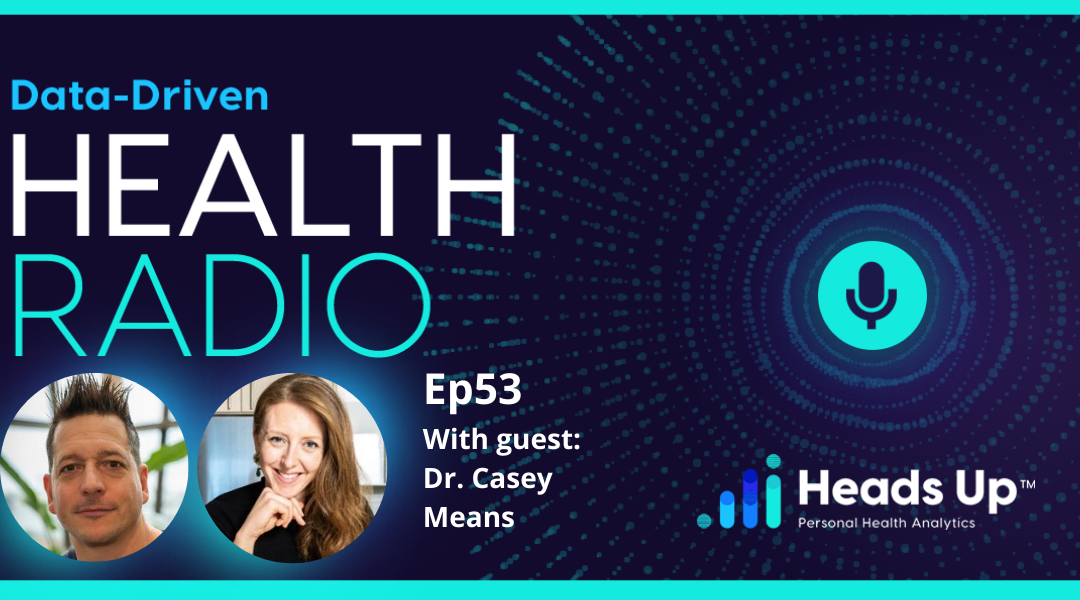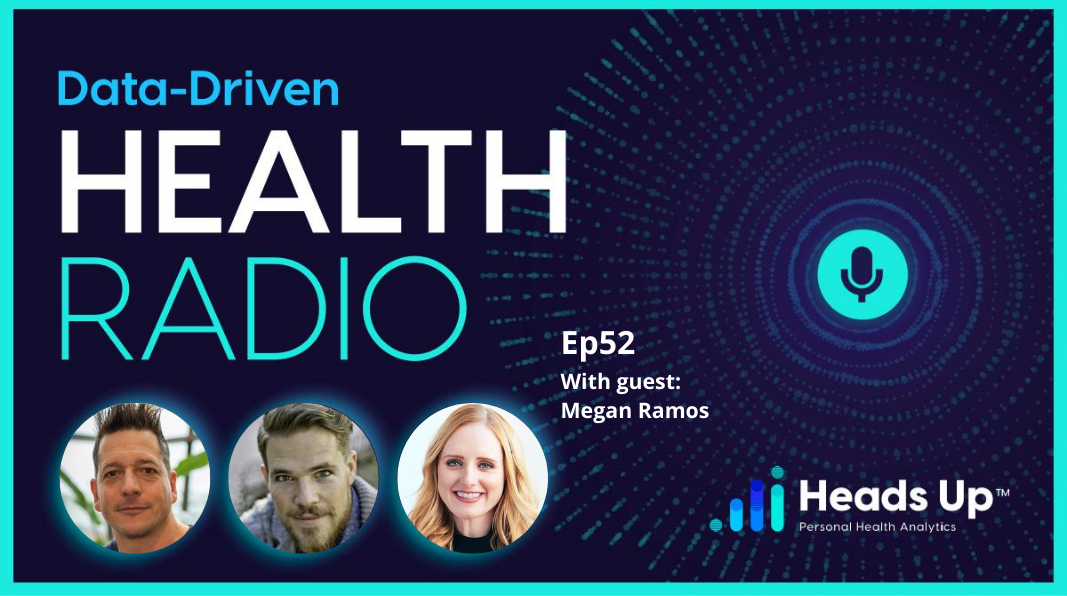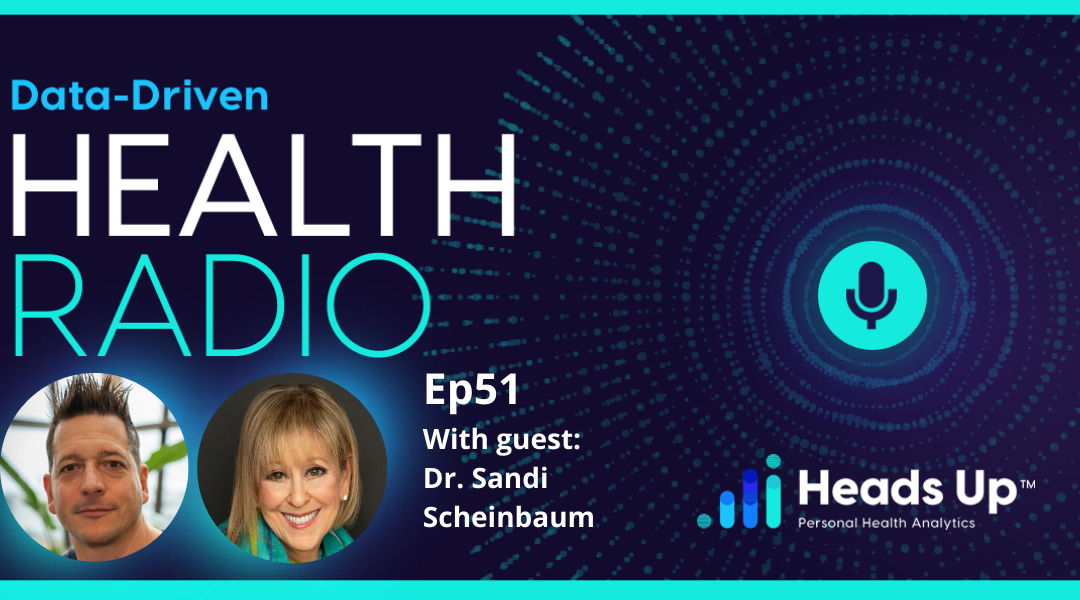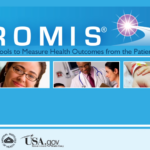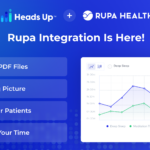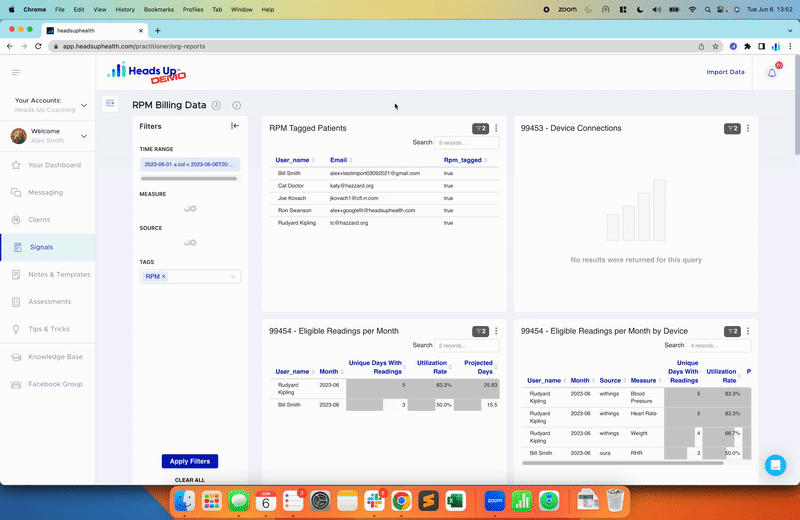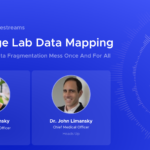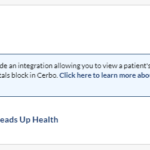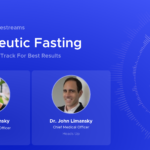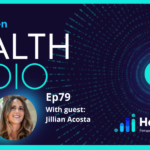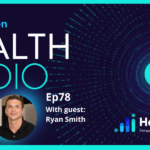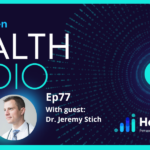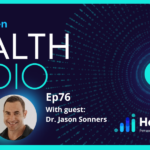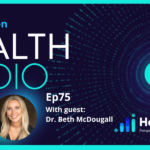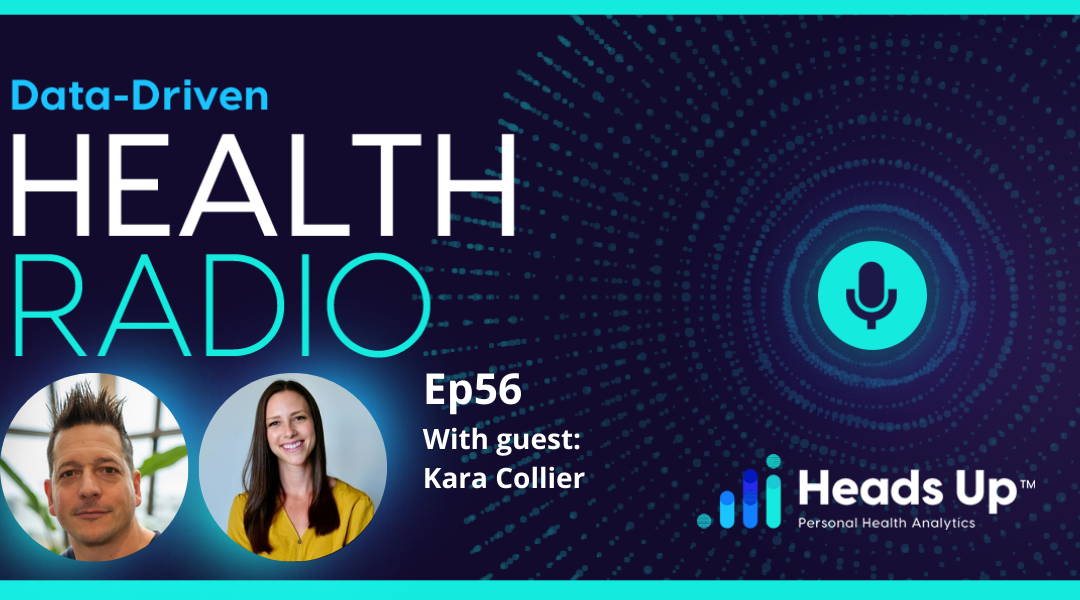
Ep. 56 – How Continuous Glucose Monitoring Can Lead to Health-Conscious Behavioral Change
Podcast: Play in new window | Download
Subscribe: Apple Podcasts | RSS
Curious how continuous glucose monitoring (CGM) can lead to significant behavioral change? Kara Collier of NutriSense discusses how this happens with Heads Up founder Dave Korsunsky. Constantly being exposed to how your lifestyle affects your blood glucose increases your personal health awareness and motivation for making change.
Kara covers how NutriSense came together, how the company is reducing the barrier for patients to get CGM, and how NutriSense’s apps and services help patients understand their data.
She also talks about how most Intensive Care Unit (ICU) patients are people with immediate complications from lifestyle-related chronic conditions. Kara campaigned to the hospital administration and nutrition department for a year asking them to stop serving sodas to patients because of its negative health effects. When no action was taken, Kara left the hospital, worked at a nutrition software company, and eventually founded NutriSense with two other people.
Kara Collier is a Registered Dietitian Nutritionist (RDN), Licensed Dietitian/Nutritionist (LDN), and Certified Nutrition Support Clinician (CNSC) who specializes in glucose control and metabolism. She graduated from Purdue University and previously worked at Memphis VA Medical Center as a clinical dietitian at Providence Hospital and in a management role at Nutritionix.
Heads Up
This podcast is brought to you by Heads Up, a web app designed to help both individuals and health practitioners centrally track the vital health data that matters. Instantly synchronize your (or your clients’) medical records, connect favorite health devices and apps, and use the data to optimize your health (and that of your clients).
Click on the button below to start your free 30-day trial. Or, read on for more information about our latest podcast episode!
Continuous Glucose Monitoring (CGM)
Continuous glucose monitoring is the practice of using a device (like the FreeStyle Libre CGM) that automatically tracks your blood glucose levels. You can view how this data changes throughout the day based on what you eat, how you exercise, and other daily activities that you do.
Habitually viewing and understanding this data can lead to substantial lifestyle changes. This data can also be shared with your practitioner, so they too can monitor your health. Your practitioner can notify you if they think you need to take action on your health.
“When you think about ICU, you expect to see gunshot wounds or car trauma – accident trauma. But more often, what you’re seeing in the ICU is actually immediate complications from lifestyle-related chronic conditions.”
– Kara Collier
In this podcast you’ll learn:
- (2:19) How Kara started as a dietician primarily in the ICUs and hospitals. She saw more chronic lifestyle conditions as opposed to gunshot wounds or car accident trauma. Those lifestyle conditions included diabetics who didn’t know they were diabetics or people with uncontrolled hypertension.
- (3:09) Kara details the frustrating layers in the healthcare system. People are reluctant to change after four decades of bad habits. A lot of the traditional dietetic information is antiquated or biased. The hospitals were never addressing the root cause.
- (4:56) The last straw for Kara was that sodas were served to patients even though they’re supposed to be healing them. Kara campaigned in the hospital to have sodas removed and nothing happened. She then left the hospital.
- (5:50) Kara worked at a different nutrition software and learned more about start-ups. Her journey led her to research root causes, behavioral change prevention, metabolic health, and continuous glucose monitors.
- (6:34) How using continuous glucose monitors and seeing the data in real-time will help fix users’ issues early on. CGM will also increase motivation to make behavior changes.
- (7:25) Kara’s co-founder, Dan, had a sister who was a Type 1 diabetic. Dan was trying to increase profitability while working in healthcare consulting and realized that we keep putting more money into the healthcare system, but people keep getting sicker. He realized his sister’s device might help solve financial problems.
- (8:18) The third co-founder, Alex, has a tech background and was interested in nutrition and biohacking. He used the devices on himself and built a software and app to showcase the data in a better way.
- (8:57) The group came together when Dan and Alex posted on LinkedIn stating that they were starting a company and needed a nutrition or healthcare expert. Kara happened to stumble across the post and moved to Chicago to help build out the company.
- (9:44) Dave and Kara discuss how surprising it is that chronic lifestyle conditions are the number one thing bringing people to the emergency room. Those cases could have been prevented.
- (10:48) Part of the chronic lifestyle condition issue is that a lot of people aren’t following up regularly with their primary care until it becomes urgent. There is also a lack of prevention and our society isn’t proactive with our health.
- (12:43) How Facebook health groups are helping to spread health awareness. People are becoming more aware of their health.
- (14:47) How Heads Up benefits individuals, healthcare professionals, and practitioners’ client bases.
- (17:19) NutriSense’s products. Its consumer product comes with a continuous glucose monitor, dietician coaching, and NutriSense’s app.
- (18:04) Continuous glucose monitors are considered medical devices, so patients need a prescription. If you’re not an insulin-dependent diabetic, most likely, your doctor won’t write you a prescription.
- (18:48) NutriSense is trying to reduce the barrier to access continuous glucose monitors. You receive two CGM devices per month and access to one-on-one dietician coaching. The coach can see all your data and help you interpret it.
- (19:57) The human body is very complicated and Kara doesn’t want users to misinterpret the data.
- (20:46) In the NutriSense app you can log your meals, stress, and exercise. You have access to analytics, charts, and graphs that break down the information. There is also education in the app.
- (21:10) NutriSense is currently testing out working with clinics. NutriSense gives clinics access to the software and they can use NutriSense’s dieticians if they want.
- (22:13) Dave’s experience on the ketogenic diet and using the continuous glucose monitor. He had a lot of success early on and was able to keep himself within his target glucose range.
- (24:07) Roughly 40% of NutriSense’s customers are relatively healthy. The other 60% have a health condition they’re working on. These conditions include hypertension, PCOS, Hashimoto’s disease, fatty liver, and chronic fatigue syndrome.
- (25:42) Why Dave and Kara don’t like the word bio-hacker.
- (26:11) Continuous glucose monitors made Kara’s experimentation with ketosis much easier. The reduced burden of the process with CGM makes it easier to motivate yourself and form a habit.
- (27:41) Continuous glucose monitors give you immediate feedback. They show you the positive and negative effects of what you’re doing in real-time.
- (28:40) Continuous glucose monitors allow practitioners to engage clients with positive reinforcement.
- (29:25) Dave enjoys using the CGM with the breath acetone meter so that he can monitor his blood pressure and ketone levels.
- (30:20) How data from continuous glucose monitors gives people the power to master their metabolism.
- (31:02) Healthy aging is one of the largest components of longevity. Once you make sure your blood sugar is in check every day, everything starts working better. You start sleeping better, regulating your appetite better, your hormonal systems work better, and your energy levels improve.
- (32:00) Maximizing the number of healthy years is one of the driving motivations of NutriSense. Being insulin sensitive and having good metabolic health is the core of living a long, healthy life.
- (33:44) Personalized nutrition and health are going to keep growing. Using continuous glucose monitors allows you to have an enhanced Mind-Body connection where you notice what meals make you feel worse. Connecting subjective experiences to objective data helps people to understand what is going on in their bodies.
- (36:02) Continuous glucose monitors, NutriSense, medical devices, and digital health devices help people build a mind-body awareness.
- (37:29) Metabolic disorders are everywhere. Most of the food people put in their bodies is terrible for blood sugar. Food companies use fMRI machines in a lab to see what reward centers are activated in the brain with different foods.
- (39:11) Dave and Kara talk about how to make CGM more accessible and affordable. People in the healthcare and regulatory systems need to understand the benefits of continuous glucose monitoring. The more there is a demand for these devices, the more there will be a push for the FDA to allow these devices.
- (41:14) NutriSense writes prescriptions for individuals to use continuous glucose monitors.
- (42:19) Some common foods that surprisingly spike glucose include Costco rotisserie chicken, smart sweets, and oat milk. A lot of people mean well and are trying to be healthy, but something you eat every day might be having a detrimental effect on your body. You need to know how your most common foods are affecting your ability to live that long, healthy health span.
- (46:25) The top takeaway from NutriSense clients was that they left the program with more flexibility in their diet than they thought there would be.
- (47:26) Going on a 20-minute walk and adding MCT Oil can help to burn off some of the excess sugar or blunt the spike.
References
